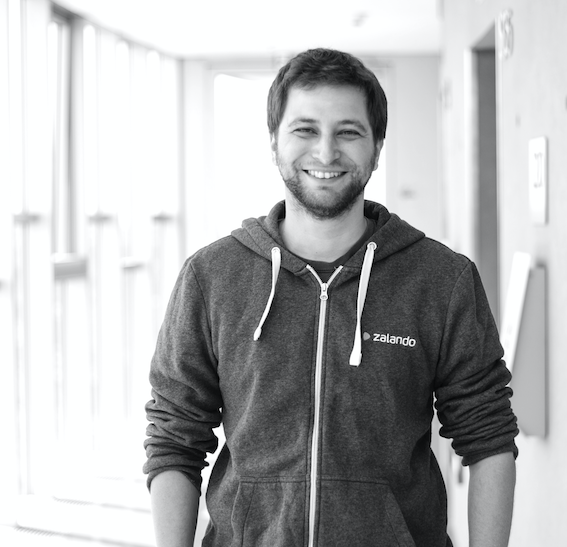Berlin Science Week Panel Discussion: Dimitri Coelho Mollo, Rainer Mühlhoff, Ingo Schulz-Schaeffer, Lynn Schmittwilken. Living with AI: Past, Present, and Future
Artificial Intelligence: a philosophical, ethical and social overview. As part of the series “6 o’clock with SCIoI” series of talks within the Berlin Science Week, the panelists will discuss with the public about the philosophical, ethical and social issues raised by AI research and applications. Please visit the Berlin Science Week website to access the
















